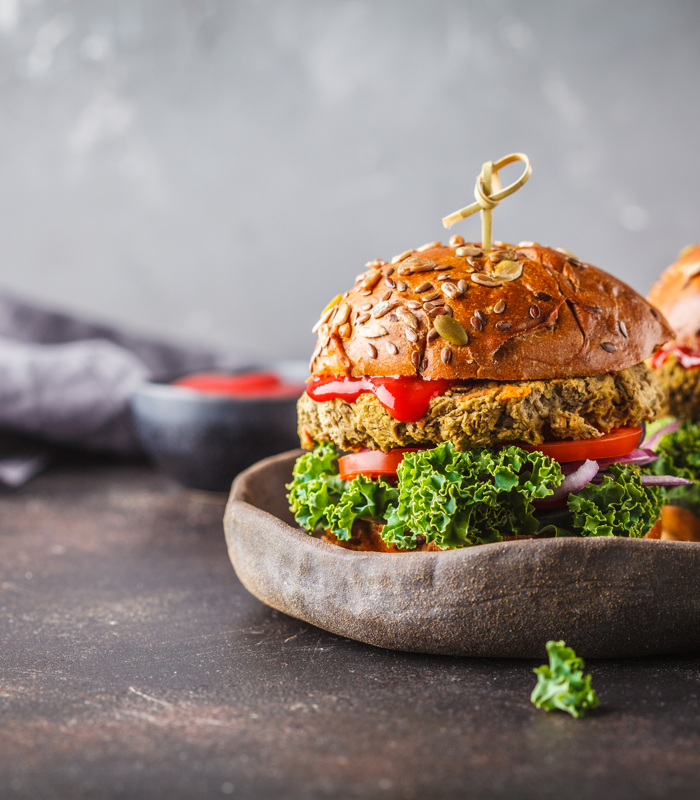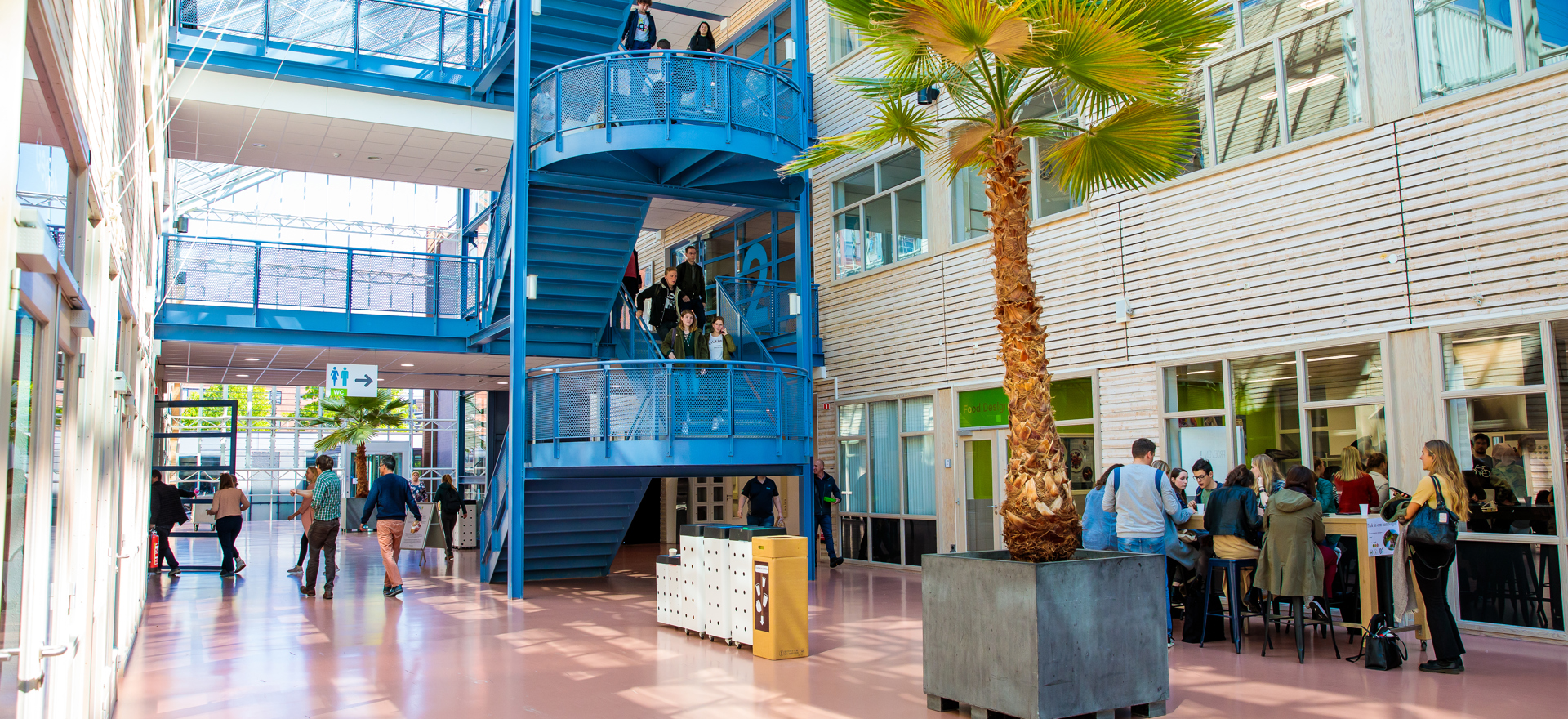The protein transition is the shift from consuming animal proteins to consuming plant-based and other new protein sources. This transition is necessary to facilitate a more sustainable diet without continuing to harm the valuable ecosystems on our planet.
In this minor you will work on a research project with fellow students in cooperation with a company that makes a relevant contribution to the protein transition. These projects are positioned throughout the food chain, including subjects such as breeding and cultivation practises, the production of meat and dairy alternatives, market-oriented innovative research, and consumer buying behaviour. Each research project will consider sustainability aspects and their impact on the entire food chain.
In addition to working on a group project, you can develop your ambition and talents by specialising yourself in an area within the protein transition that you find interesting. The idea is to help you gain knowledge and skills as a professional in your future job or your own business.
We will examine the sustainable protein transition from a variety of angels; the primary sectors, secondary sectors and consumers. Below is a visual summary of these themes. The primary sector is about the production/cultivation of protein sources, while the secondary sector transforms raw materials from the primary sector into products and product components. To achieve change we need to educate, and be informed by, consumers. This means that we need to understand what consumers are looking to achieve, as well as how they expect to consume protein in the future. The environmental impact of consumer choices and other influential factors will be discussed as well.
We will talk about current and future protein sources, breeding technologies to improve protein yield, cultivation and soil quality, protein extraction technology, technical and sensory functionality of plant and alternative proteins, health aspects, product development for plant-based foods and consumer behaviour.
What’s more, with this minor you will be able to further develop your research skills. Aside from several lectures on how to perform evidence-based research, you will also be able to put your research skills to use in specific assignments, all related to the protein transition.




